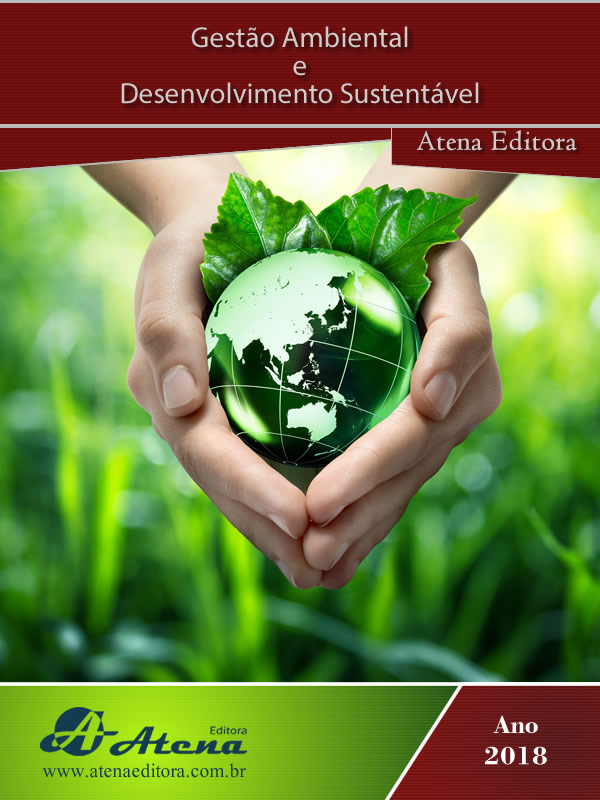
ADUBAÇÃO NITROGENADA ASSOCIADA A INOCULAÇÃO DE Bradyrhizobium japonicum E A QUALIDADE DAS SEMENTES DE SOJA
O nitrogênio (N) por ser constituinte estrutural de várias biomoléculas na
planta pode afetar a qualidade fisiológica das sementes de soja. Este trabalho teve
como objetivo avaliar a qualidade fisiológicas das sementes de duas cultivares de
soja em resposta às doses e às épocas de aplicação de nitrogênio associada à
inoculação com Bradyrhizobium japonicum. O delineamento experimental utilizado
foi o de blocos casualizados, disposto em esquema fatorial 2 x 3 x 4, com quatro
repetições. Os tratamentos foram constituídos por duas cultivares de soja (BRS 1074
IPRO e ST 797 IPRO), três épocas de aplicação (semeadura; 30 DAE e 50 DAE) e
quatro doses de nitrogênio (0, 20, 40, 60 kg ha–1 de N). Foram avaliados o grau de
umidade, a porcentagem de germinação, a emergência de plântula, o vigor e a
viabilidade das sementes (teste de tetrazólio). O uso de N mineral associada à
inoculação de bactérias Bradyrhizobium japonicum não se mostraram consistentes
quanto aos seus efeitos sobre a qualidade fisiológica das sementes de soja. O
cultivar de soja ST 797 IPRO apresentou maior qualidade fisiológica das sementes.
ADUBAÇÃO NITROGENADA ASSOCIADA A INOCULAÇÃO DE Bradyrhizobium japonicum E A QUALIDADE DAS SEMENTES DE SOJA
-
DOI: ATENA
-
Palavras-chave: Glycine max L. Merrill, fixação biológica de nitrogênio, tetrazólio.
-
Keywords: Glycine max L. Merrill, biological nitrogen fixation, tetrazolium test.
-
Abstract:
Nitrogen (N) is a structural constituent of plant biomolecules, therefore,
it can affect the physiological quality of soybean seeds. This study aimed to determine
the physiological quality of the seeds of two soybean cultivars in response to the rates
and times of nitrogen fertilizer application associated to inoculation with
Bradyrhizobium japonicum. Treatments were arranged in a randomized block design
in a 2 × 3 × 4 factorial: two soybean cultivars (BRS 1074 IPRO and ST 797 IPRO),
three application times (sowing, 30 DAE and 50 DAE) and four nitrogen rates (0, 20,
40, 60 kg ha–1 of N), with four replicates. The moisture content, germination, seedling
emergence, vigor and viability (tetrazolium test) of the seeds were measured. The use
of chemical N fertilizer associated with inoculation of Bradyrhizobium japonicum
bacteria did not prove to be consistent with their effects on the physiological quality
of soybean seeds. The soybean seeds of cultivar ST 797 IPRO presented higher
physiological quality and lower sanitary quality.
-
Número de páginas: 15
- Alan Mario Zuffo


